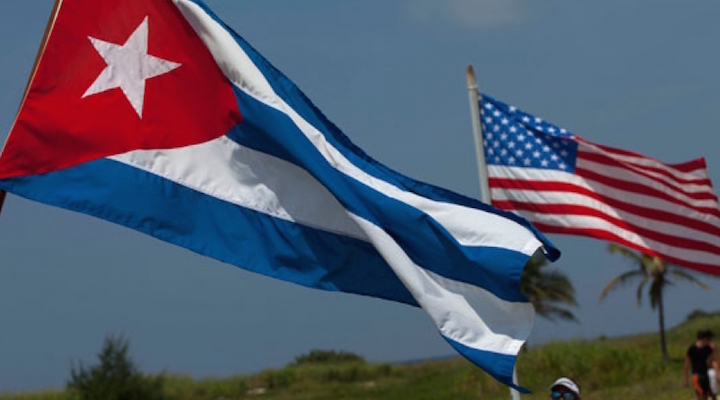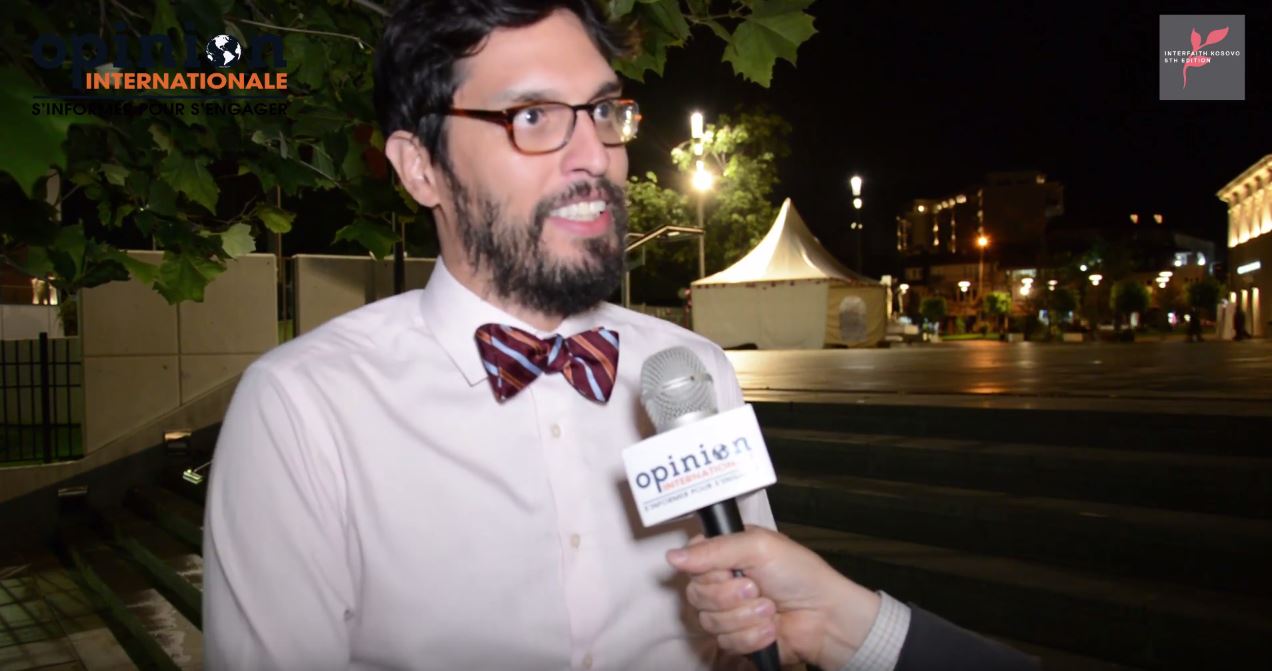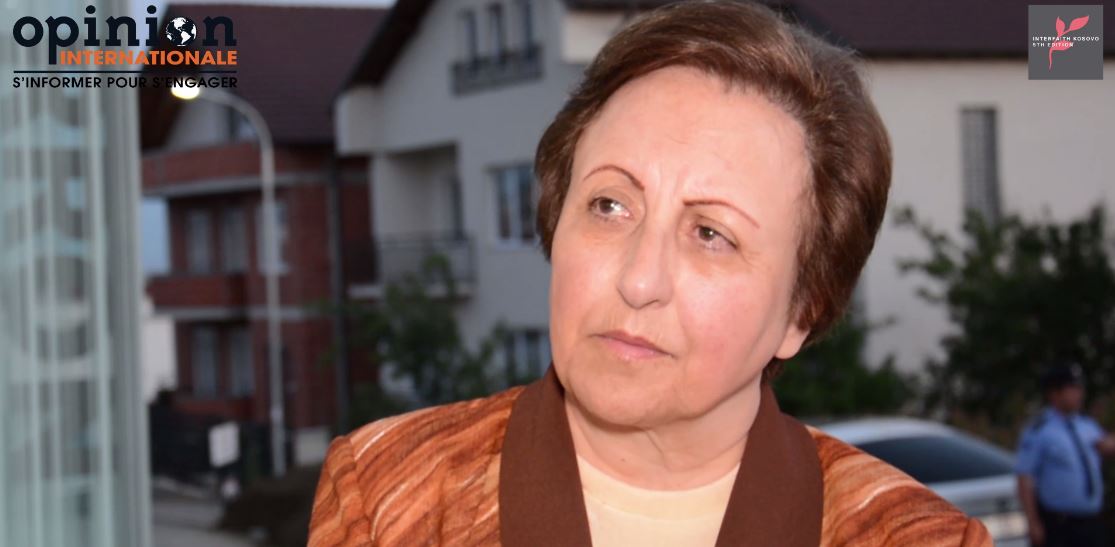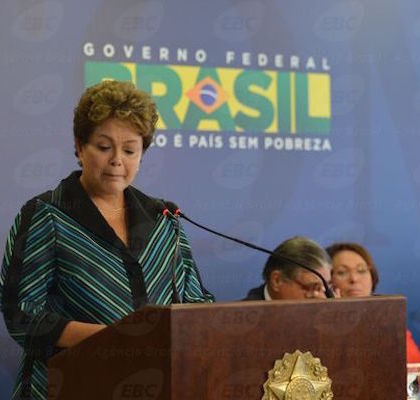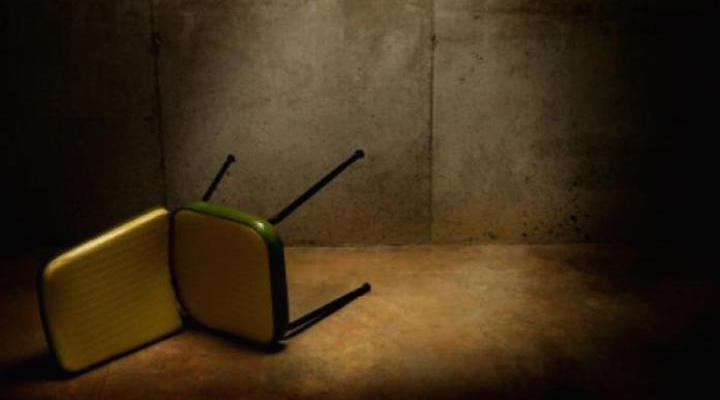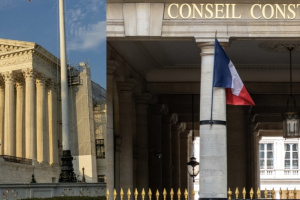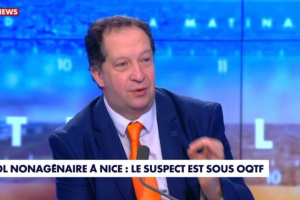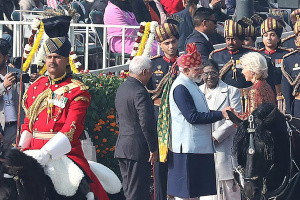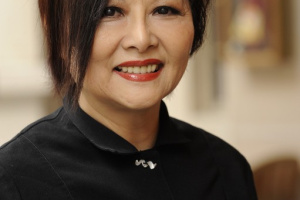Alan Gross’ release from Cuban detention represents a very special occasion, which has launched a watershed series of events that could end up being the early phases of a marked turn in U.S.-Cuban relations.
The case of Alan Gross
Alan Gross was working in Cuba as a sub-contractor of the United States Agency for International Developments (USAID) in 2009, when Cuban authorities arrested him. A Cuban court convicted Gross for smuggling illegal satellite equipment into the island, which in Cuba is considered a crime against the state.[1] Given decades of U.S. deployment of psyc-ops and other subversive activity against the Cuban regime, it is not implausible to believe that Gross was a player (intentional or not) of a CIA-USAID plot to weaken Castro’s rule under cover of a human rights project. At the time, Havana was undergoing a transition to normal relations with Washington after decades of a “special period” of economic hardship in Cuba caused by the U.S. economic embargo and exacerbated by the fall of the Soviet Union.[2]
It is not the first time, nor presumably the last, that the CIA and USAID have been caught in a plot to overthrow Cuba’s government through cultural or human rights projects on the island. For example, the CIA-USAID partners promoted a “Cuba Twitter” program aiming at overthrowing the government.[3] The latest one to date was a story exposed by The Nation, which reported a USAID financed cultural project, aimed at promoting certain political behavior among the dynamic Cuban hip-hop scene.[4] These projects, if not futile, routinely prove to be at the very least completely “reckless” and “stupid” endeavors, as stated by Sen. Patrick Leahy.[5] One can only agree with his reasonable statements.
The Miami Castro-bashers and the outgoing Bush administration always framed the events by saying that Alan Gross was an innocent victim of such shenanigans. Besides, Gross’ 15-year sentence understandably has distressed many U.S. officials and had become during the past five years a focus of the media.[6] These cases of CIA-USAID interference, Alan Gross’ detention, as well as the detention of five Cuban government agents in Miami led to significant tensions between the Cuban and U.S. governments.[7] These five Cuban agents known as the “Cuban 5,” while struggling against the terrorism of the local extreme right-wing in Miami, were arrested and condemned in the United States for engaging in espionage. The conviction of the Cuban five was tainted by a local media campaign, which included the handiwork of paid government writers and a highly charged anti-Castro atmosphere; a request by the defense for a change of venue in a Miami federal court was, however, incomprehensibly denied.[8] In light of the Gross affair and the plight of the Cuban Five, the Cuba-U.S. relationship appeared to be completely doomed.
The release of Alan Gross and its consequences
Alan Gross’ release from Cuban detention represents a very special occasion, which has launched a watershed series of events that could end up being the early phases of a marked turn in U.S.-Cuban relations. Gross traveled to the United States on a government aircraft on the morning of December 17, 2014.[9] As part of a Havana-White House deal, the Cuban government also agreed to free 53 other prisoners being held by Cuban authorities[10]. In exchange for this release, the U.S. government accepted to release the remaining three of the five Cuban prisoners who fought against the extreme right-wing contrived terrorism of anti-Castro groups in Miami.[11] The U.S. government also accepted to lift many existing travel and money transfer restrictions, as well as financial stipulations affecting Cuba.[12] U.S debit and credit cards will now also be allowed in Cuba.[13]
Washington’s failure to end the blockade against Cuba and its continued incarceration of the Cuban Five were symptomatic of an outdated hemispheric policy that has caused all but irreparable damage to Washington’s standing in the Inter-American community. This latest move towards rapprochement with Cuba signals a first step towards ending what Kerry had promised in his speech before the Organization of American States on November 18, 2013: an end to the Monroe Doctrine and the notion that Latin America is merely the United States’ backyard.[14] It would be consistent with such a stance for Washington to also mend fences with Venezuela and resist the drive towards sanctions. Sanctions against Venezuela would only reproduce the sort of often perilous charges contrived decades ago in relation to Cuba.
Obama’s statement
On Wednesday 17, 2014, President Obama made a TV appearance in order to comment on the release of Mr. Gross. After stating that the 50 year-embargo on Cuba was a failure, he then officially confirmed important steps towards a rapprochement with Cuba. The proposed efforts include the establishment of a full U.S. embassy in Cuba, as well as the deepening of bilateral cooperation in fields such as healthcare, drug interdiction, and migration.[15] He also announced the commencement of the process to remove Cuba from the list of “countries financing terrorism.” Furthermore, he shared his desire to promote and increase commerce and tourism with Cuba. From now on, American citizens will be able to travel unrestrictedly to Cuba.[16] President Obama also shared his decision to increase the bilateral cooperation in telecommunication and information, without providing additional details. Moreover, he accepted the participation of Cuba to the next Summit of the Americas in April 2015.[17] However, he recalled that he could not remove the embargo on Cuba without the agreement of the United States Congress, whose assistance he asked for in moving forward on this issue.[18]
What is next?
These numerous prisoner releases and the lifting of some economic restrictions on Cuba, coupled with the predictable growing cooperation between Cuba and the United States is a promise of a new future based on collaboration and not domination, between equals in inter-American relations and not based on a hegemonic relationship.[19] This cooperation could focus, for example, on fighting more effectively against Ebola and a tentative roster of other social and financial issues. U.S. authorities will now be able to congratulate themselves, but will be able to do more than this and while inching forward, maybe towards a respectful and comprehensive relationship with Cuba? To suppress the embargo on Cuba would be the most important proof of the Obama’s administration commitment to settle a too long dispute between Cuba and the United States. Will the Republicans, which hold the majority in Congress, see the light too?
By Larry Birns, Director of COHA
and Clemént Doleac, Research Associate at COHA
This article is published in agreement with the Council on Hemispheric Affairs (COHA) and originally published as Dictatorship and human rights violations in Haiti.
Founded in 1975, the Council on Hemispheric Affairs (COHA), a nonprofit, tax-exempt independent research and information organization, was established to promote the common interests of the hemisphere, raise the visibility of regional affairs and increase the importance of the inter-American relationship, as well as encourage the formulation of rational and constructive U.S. policies towards Latin America.
References
[1] “Bill Richardson Meets with Cuban Officials, Alan Gross Remains a Prisoner » in COHA, on September 12, 2011. Consulted on http://www.coha.org/bill-richardson-meets-with-cuban-officials-alan-gross-remains-a-prisoner/ on December 17, 2014.
[2] Ibid.
[3] LEOGRANDE William M., « Washington’s Secret ‘Cuba Twitter’ Program Is the Same Old Policy of Regime Change » in The Nation, on April 23, 2014. Consulted onhttp://www.thenation.com/article/179510/washingtons-secret-cuba-twitter-program-same-old-policy-regime-change on December 17, 2014.
[4] BUTLER Desmond, WIDES-MUNOZ Laura, RODRIGUEZ Andread and Associated Pres, “Senator: USAID’s Cuba hip-hop project ‘reckless’ » in Daily Democrat, on December 11, 2014. Consulted on http://www.dailydemocrat.com/ci_27118597/senator-usaids-cuba-hip-hop-project-reckless on December 17, 2014
[5] Ibid.
[6] “Bill Richardson Meets with Cuban Officials, Alan Gross Remains a Prisoner » in COHA, on September 12, 2011. Consulted on http://www.coha.org/bill-richardson-meets-with-cuban-officials-alan-gross-remains-a-prisoner/ on December 17, 2014.
[7] LAMRANI Salim, Cuba. Les médias face au défi de l’impartialité, Paris, Editions Estrella, 2013. Préface d’Eduardo Galeano
[8] Ibid.
[9] DE CORDOBA José, McCAIN Coolleen, “U.S. moves to Normalize Cuba Relations as American is Released” in The Wall Street Journal, on November 12, 2014.
[10] Ibid.
[11] LAMRANI Salim, Cuba. Les médias face au défi de l’impartialité, Paris, Editions Estrella, 2013. Préface d’Eduardo Galeano
[12] IDE CORDOBA José, McCAIN Coolleen, “U.S. moves to Normalize Cuba Relations as American is Released” in The Wall Street Journal, on November 12, 2014.
[13] Ibid. ; McMURRY Evan, “Obama Announces Shift in Relations with Cuba » in Mediaite, On October 17, 2014. Consulted on http://www.mediaite.com/online/obama-to-announce-shift-in-relations-with-cuba-watch-live/ on December 17,
[14] JOHNSON Keith, ” Kerry Makes It Official: ‘Era of Monroe Doctrine Is Over’” inWashington Wire on November 18, 2013. Consulted on http://blogs.wsj.com/washwire/2013/11/18/kerry-makes-it-official-era-of-monroe-doctrine-is-over/ on December 17, 2014. ; KERRY John, “Remarks on U.S. Policy in the Western Hemisphere”. Consulted on http://www.state.gov/secretary/remarks/2013/11/217680.htm on November 17, 2014.
[15] Ibid.
[16] Ibid.
[17] BAKER Peter, “Obama Announces U.S. and Cuba Will Resume Relations” in the New York Times, on December 17, 2014. Consulted onhttp://www.nytimes.com/2014/12/18/world/americas/us-cuba-relations.html on December 17, 2014.
[18] Ibid.
[19] BUTLER Desmond, WIDES-MUNOZ Laura, RODRIGUEZ Andread and Associated Pres, “Senator: USAID’s Cuba hip-hop project ‘reckless’ » in Daily Democrat, on December 11, 2014. Consulted on http://www.dailydemocrat.com/ci_27118597/senator-usaids-cuba-hip-hop-project-reckless on December 17, 2014; REYES Angie, « Could Ebola Improve USA Cuuban Relations? » in COHA, on December 12, 2014. Consulted onhttp://www.coha.org/could-ebola-improve-us-cuban-relations/ on December 17, 2014.





